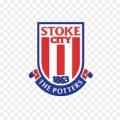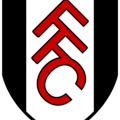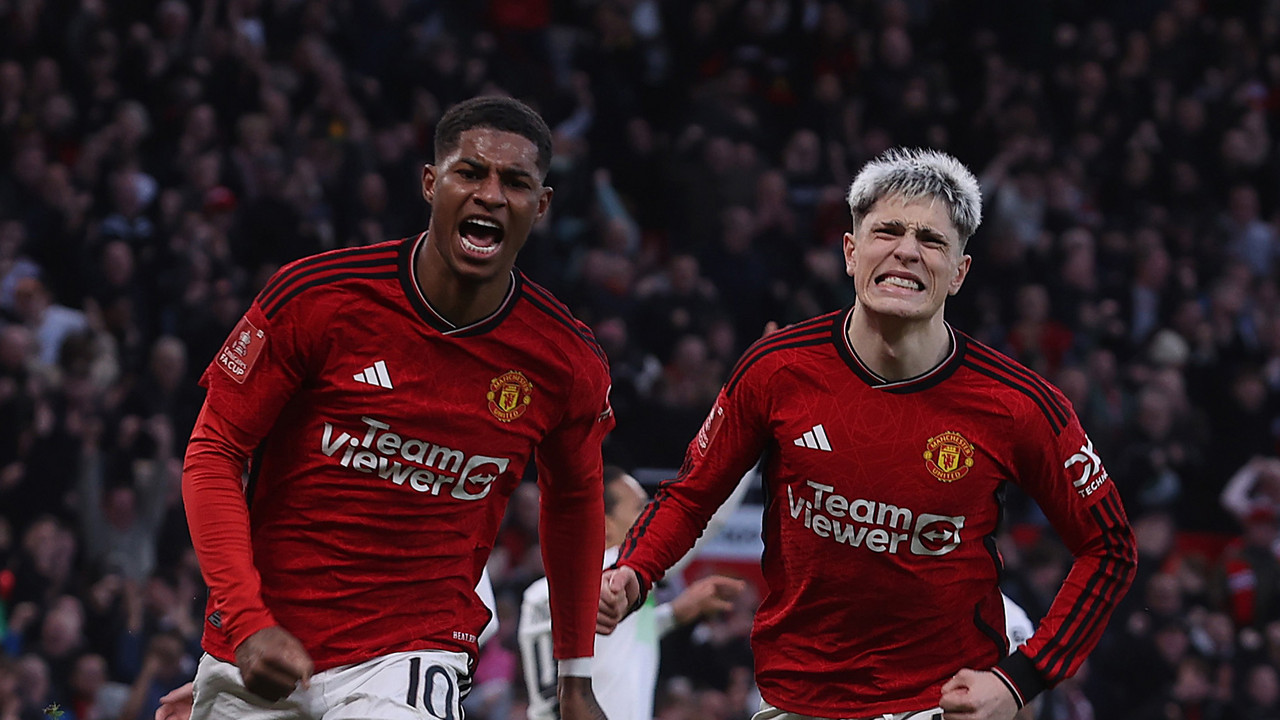On a night etched in the FA Cup history, Old Trafford served as the stage for a quarter-final encounter that transcended the ordinary bounds of football rivalry. Manchester United and Liverpool FC, two behemoths of English football, clashed in a match that combined tactical sophistication, individual brilliance, and the raw emotional intensity that defines this storied competition.
The build-up to this epic showdown was laden with anticipation. Historical precedents hinted at the significance of the encounter: Liverpool's successful track record of reaching the FA Cup final each time they ousted United at this stage, coupled with their recent goal-scoring prowess at Old Trafford, set the narrative for a fiercely contested battle. The lineups revealed by Erik ten Hag and Jürgen Klopp reflected the strategic depth and adaptability of both squads, each blending experience with youthful exuberance, ready to etch their names into the fabric of FA Cup lore.
Tactical chess match
Manchester United, under Ten Hag's meticulous planning, opted for a balanced amalgam of defensive solidity and attacking flare. Onana's guardianship of the goal, supported by Dalot, Varane, Lindelof, and Wan-Bissaka in defense, laid the foundation for United's tactical setup. The midfield dynamics, orchestrated by Mainoo, McTominay, and Fernandes, aimed to harness the creative and disruptive potential necessary to unsettle Liverpool's rhythm. The attacking trident of Rashford, Garnacho, and Hojlund, later augmented by the substitution of Antony, was poised for incisive breakthroughs.
Liverpool's lineup, curated by the astute Klopp, mirrored a commitment to attacking football, underscored by tactical flexibility. Kelleher's role as the custodian, flanked by a defense comprising Gomez, Quansah, Van Dijk, and Robertson, promised resilience against United's offensive endeavors. The midfield, a crucible of creativity and tenacity featuring Endo, Szoboszlai, and Mac Allister, set the stage for Liverpool's attacking maneuvers. The forward line, spearheaded by Salah, Diaz, and Nuñez, stood as a testament to Liverpool's lethal attacking potential.
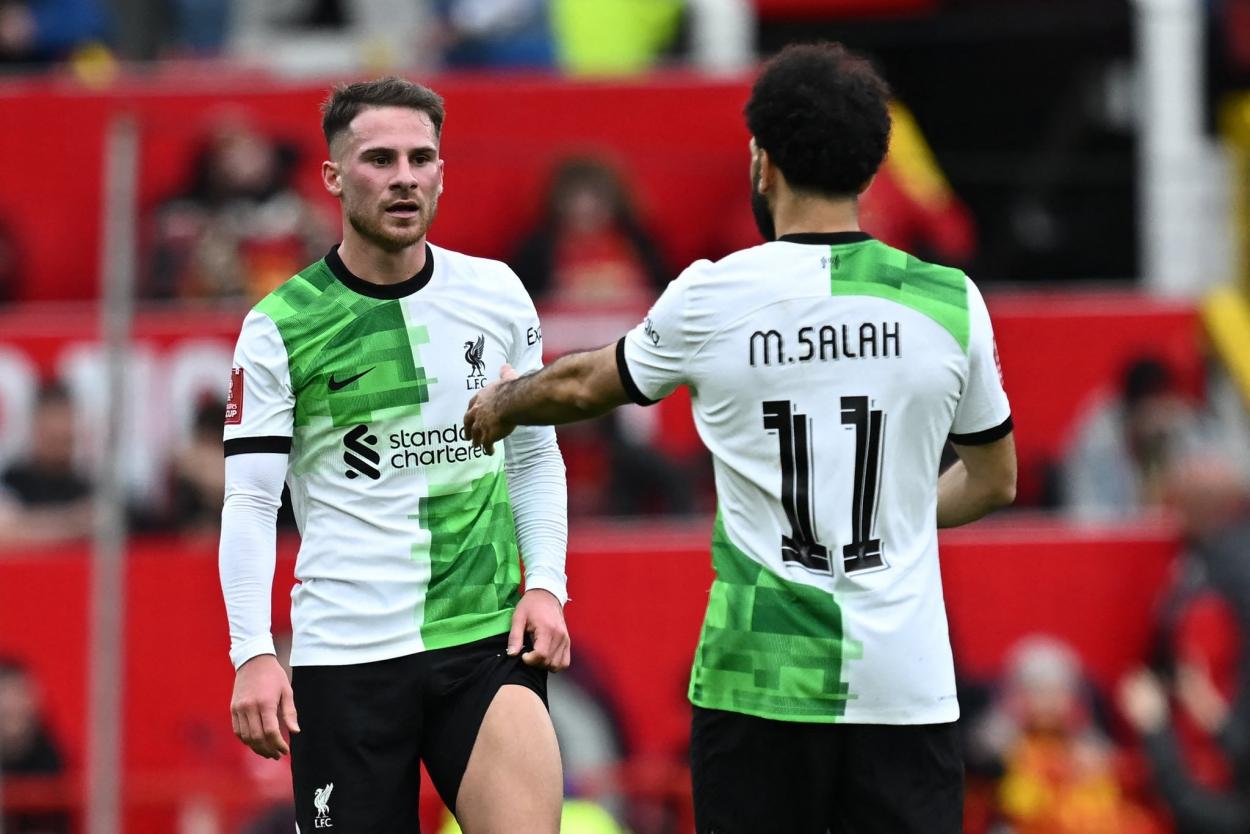
The match unfolded as a testament to the unpredictable nature of football, with each minute laden with potential for glory or despair. The opening minutes were marked by an exchange of chances that set the stage for the thrilling narrative to unfold. Manchester United's early aggression was matched by Liverpool's resilience, with Caoimhin Kelleher's crucial interventions keeping the Reds in the game. A notable moment came when Darwin Nuñez's superb cross-field pass found Mohamed Salah, whose volley narrowly missed the target, a testament to Liverpool's threat on the break.
The early momentum swung in United's favor when McTominay capitalized on a rebound from Kelleher's save in the 10th minute, igniting the Old Trafford faithful. Liverpool's response was measured yet relentless, with Salah, Diaz, and Nuñez orchestrating attacks that hinted at the tide turning.
Liverpool's resurgence came to fruition in the dying moments of the first half. Mac Allister's deflected strike and Salah's opportunistic finish reversed the match's narrative, sending a clear message of Liverpool's resolve. The second half saw Liverpool assert dominance, yet unable to breach Onana's goal again, a prelude to the dramatic shifts that awaited in extra time.
The game changers
Substitutions played a crucial role in the unfolding drama. Elliott, introduced for Liverpool, and Antony for United, brought fresh legs and new dimensions to their respective teams. Elliott's deflected shot in extra time briefly tilted the scales in Liverpool's favor, only for Rashford to restore parity, setting the stage for a grandstand finish.
The added time underscored the unpredictability and intensity of FA Cup football. Conor Bradley's involvement and Harvey Elliott's deflected shot underscored the role of substitutes in changing the course of the game. Kelleher's duel with Rashford and the subsequent exchanges between the sides added layers to the already gripping narrative.
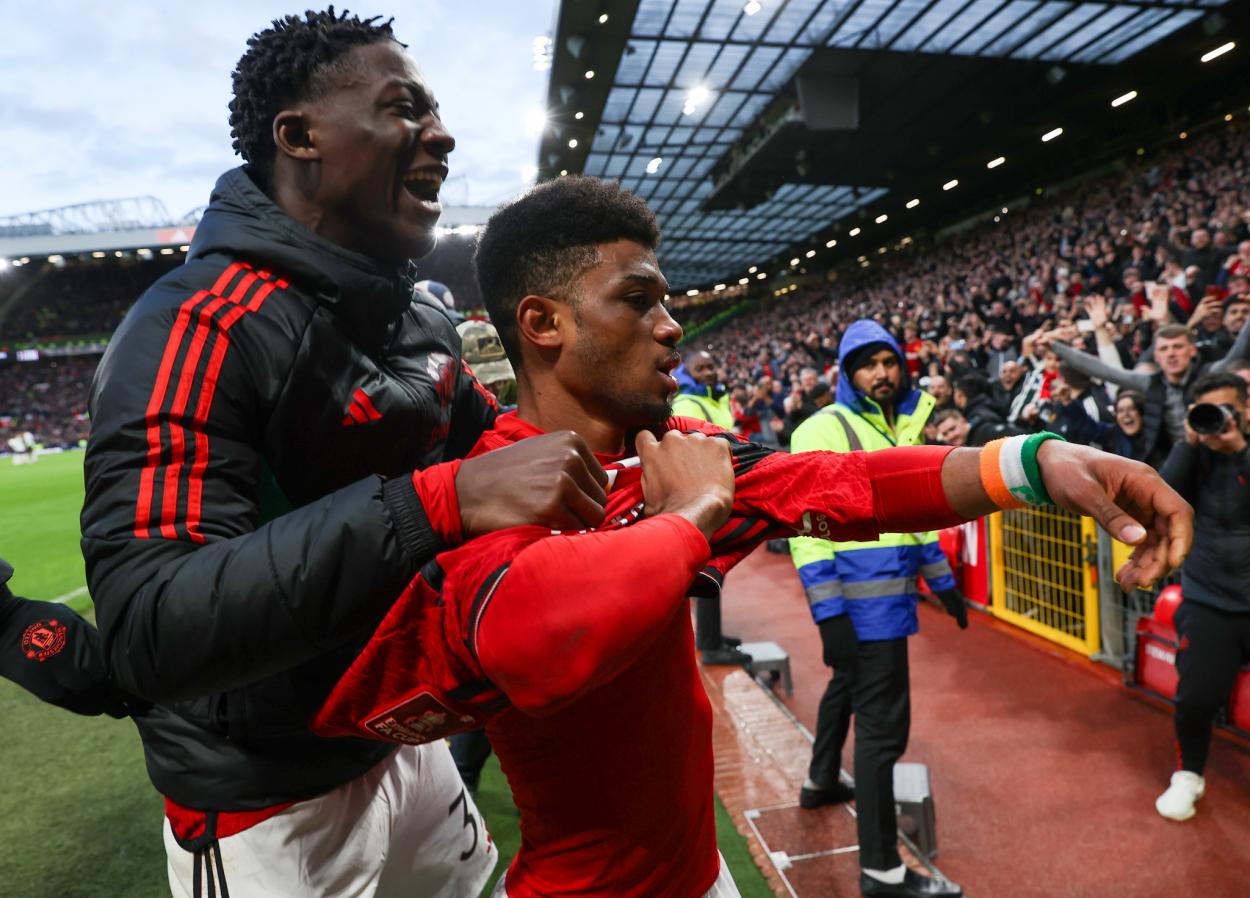
In the narrative arc of this match, Amad Diallo was the unlikely protagonist, his late goal for United a moment of ecstasy that turned bittersweet with his subsequent sending off for excessive celebration. This moment encapsulated the emotional rollercoaster that is the FA Cup, a competition where heroes and narratives are forged in the crucible of competition.
As the final whistle echoed through Old Trafford, marking Manchester United's triumph in a 4-3 victory, reflections on the match revealed the depth of football's capacity to inspire and devastate. This encounter, marked by tactical battles, individual heroics, and the sheer unpredictability of the beautiful game, will be recounted in the lore of English football for years to come. Both Manchester United and Liverpool, through their commitment, passion, and the sheer will to prevail, underscored the indomitable spirit of the FA Cup, a testament to football's enduring allure.




